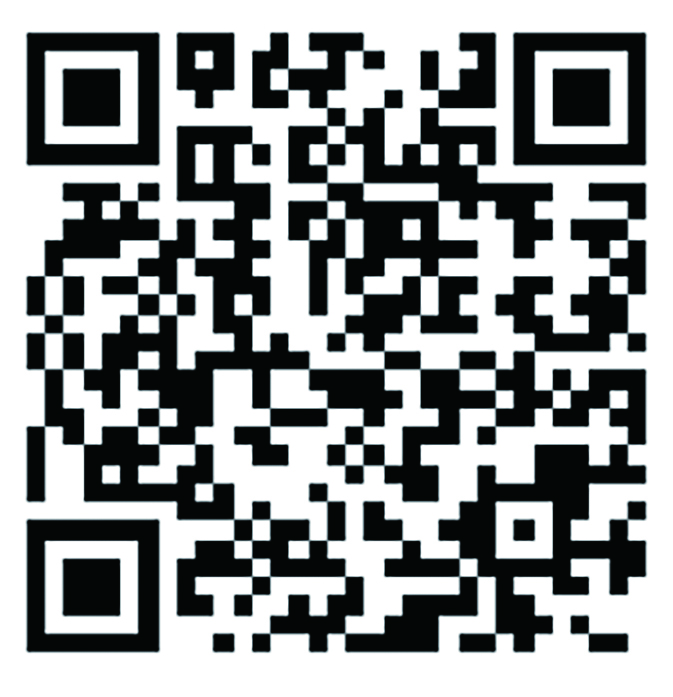目的 通过提取互联网在线问诊记录中的临床发现特征,利用深度学习的方法构建阴阳性判别的神经网络模型。方法 提取互联网在线问诊记录中的医患对话和临床发现特征,将其转换为数值型特征数据集;将数据集混洗并划分为训练集、验证集和测试集;构建多层感知机神经网络模型作为基线模型,先后使用3个特征项和5个特征项的数据集训练模型并进行验证,最后增加类权重创建处理不平衡数据的神经网络模型。应用精确率、召回率、受试者操作特征曲线下面积(AUC)等指标,以及预测结果的混淆矩阵对模型进行评估。结果 3个特征项训练的模型、5个特征项训练的模型及使用了类权重的模型的AUC分别为0.614 8、0.806 7和0.808 7,召回率和精确率均>0.85。结论 模型的准确率、精确率、召回率均>85%,表明模型在整体预测、误诊控制、漏诊控制上均表现良好,适合用于临床辅助决策。
- 中文简介
- 英文简介
- 参考文献
Objective To construct a neural network model for positivity/negativity discrimination using deep learning after extracting features of clinical findings from internet-based online medical consultation records. Methods Features of doctor-patient conversations and clinical findings were extracted from online consultation records in the internet and converted into numerical feature datasets. The datasets were shuffled and divided into training set, validation set, or test set. A multi-layer perceptron neural network model was built as the baseline model. Datasets with 3 and 5 feature items were used to train and validated the model sequentially, and finally, a neural network model for handling imbalanced data was created by adding class weights. The models were evaluated with indicators such as precision, recall, and area under the receiver operating characteristic curve (AUC), as well as confusion matrices of prediction results. Results The AUCs of the model trained with 3 feature items, the model trained with 5 feature items, and the model using class weights were 0.6148, 0.8067, and 0.8087, respectively, with recall and precision both >0.85. Conclusion The model's accuracy, precision, and recall all exceed 85%, indicating good performance in overall prediction, misdiagnosis control, and missed diagnosis control, making it suitable for clinical auxiliary decision-making.
- ref
- ref
- ref
- ref
- ref
- ref
- ref
- ref
- ref
- ref
- ref
- ref
- ref
- ref
- ref
- ref
- ref
- ref
- ref
- ref
- ref
- ref
- ref




 注册
注册 忘记密码
忘记密码 忘记用户名
忘记用户名 专家账号密码找回
专家账号密码找回 下载
下载 收藏
收藏
